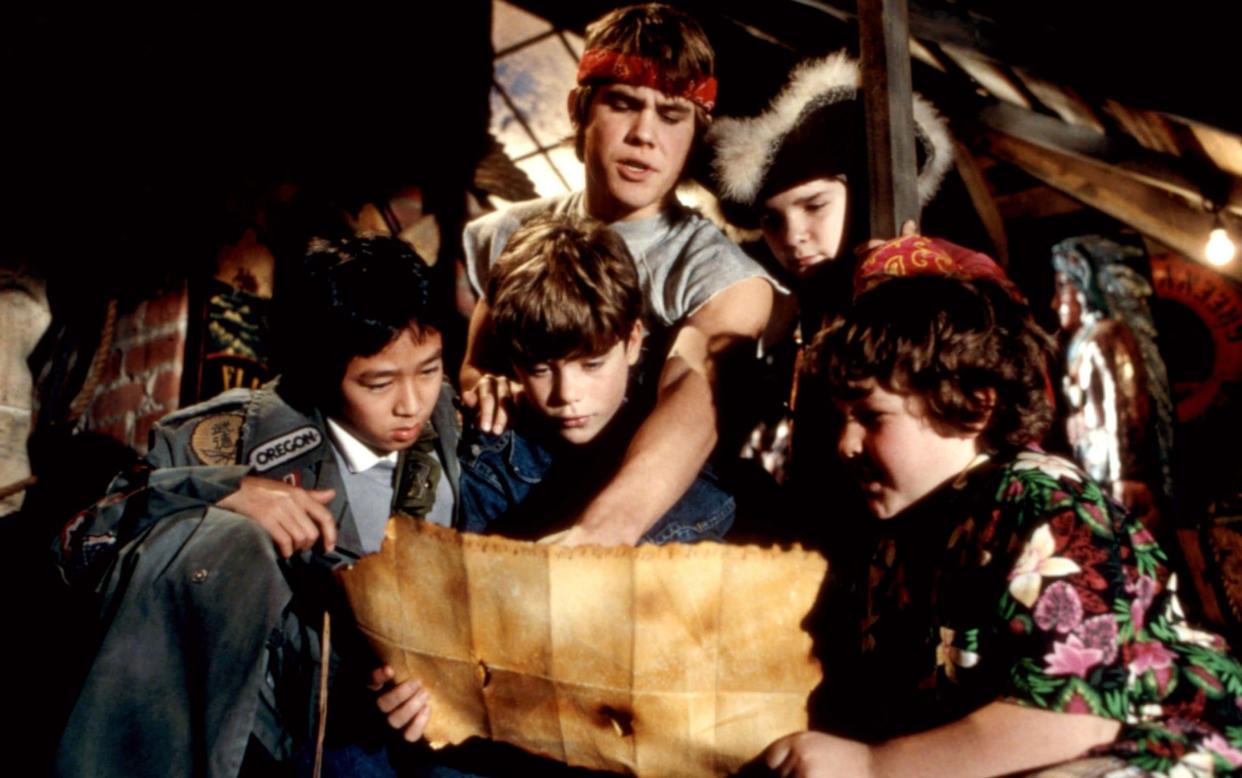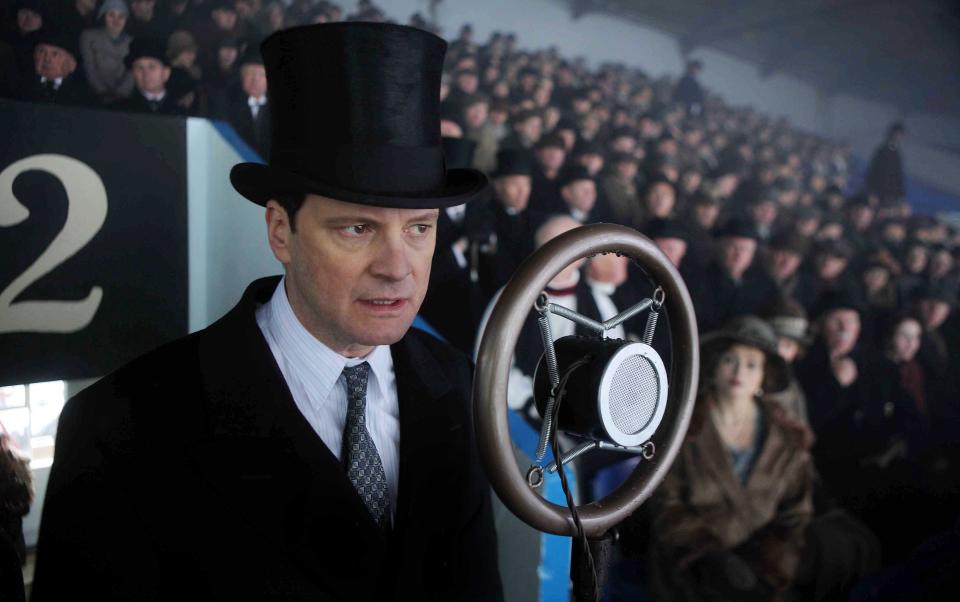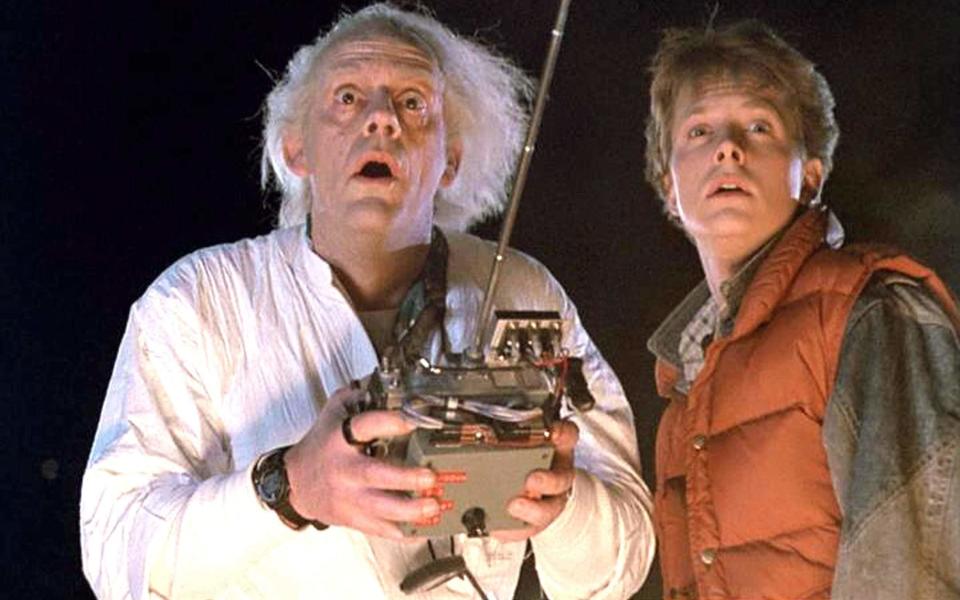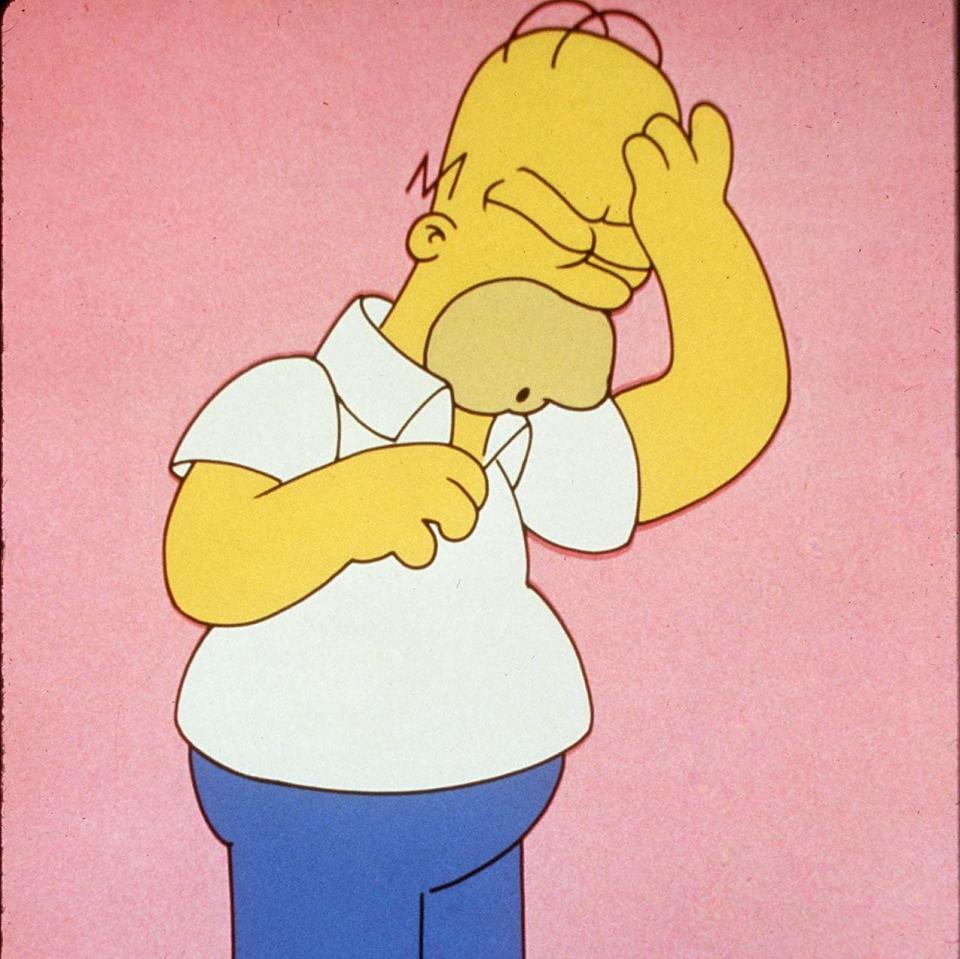Is it bad for children to be exposed to swear words? Not according to science

Should you swear around your children or enforce an expletive-free household? It’s an eternal question for parents. On one hand, the excessive use of profanities in front of young children is likely to encourage them to repeat what they’ve heard, leading to potentially sticky situations in the wider world. On the other, like introducing wine at meal times, might it be better to learn about rude words in the home?
The debate hurtled into the limelight this week, after the British Board of Film Classification (BBFC) published a list of words that are now acceptable in U, PG and 12/12A rated films, with words like s***, a******* and b*****ks all deemed appropriate for PG films.
The BBFC’s research found that, although parents are gradually becoming more lax towards swearing, and, particularly, younger parents are less bothered by rude words, they still support some levels of censorship. On the whole, they object to more frequent use of the F and C words.
Simon Brew, editor of Film Stories and Film Stories Junior magazines, explains that, over time, film and TV has become slightly more lenient in what words are allowed in children’s programmes, but doesn’t believe things have changed as much as some might think. “As language evolves, words inevitably become desensitised, but I can’t recall going to see a PG-rated film and the swearing being anything other than mild. In comparison to what’s heard on a school playground, it’s a marked difference.”

The BBFC stated that, for U films, parents are comfortable with “damn”, “hell”, “God”, “butt” and “jerk”. “Bloody”, “bugger” and “s***” are OK for PGs, and 12/12As can use ‘f***’, depending on “context, frequency, and tone”. “Context is one part of the mix, certainly,” says Brew. “The King’s Speech is a good case in point. Never has a film with so many f-bombs had a 12A certificate in UK cinemas before, and even though attitudes are changing, I’d imagine it’ll be a long time before that happens again.”
Children are experts at parroting what they hear. But is swearing, on the box or in the home, actually bad for children? There isn’t a wealth of scientific study on the topic, but the consensus is that swearing around kids isn’t a huge problem, depending on context. Many experts suggest it’s all down to personal choice: if you don’t mind your children swearing, then go ahead; if you don’t want them to, try not to swear in front of them. What some people find offensive, others won’t.
One cognitive scientist who has looked into the effects of profanities on children is Benjamin Bergen, author of What the F: What Swearing Reveals About Our Language, Our Brains, and Ourselves. Speaking to Canadian website Global News in 2019, he argued “the use of fleeting expletives doesn’t have any impact at all on [children’s] well-being, on their socialisation… as far as we can tell.”
In an LA Times article three years before, Bergen outlined his approach to swearing. He said knowing his children wouldn’t suffer cognitive or emotional damage from exposure to four-letter words meant he didn’t need to censor himself.

He provided several caveats. Parents should never swear at their children; hate-filled slurs are obviously off-limits; moderation is essential. But, he wrote, there’s no proof that “exposure to ordinary profanity – four-letter words – causes any sort of direct harm: no increased aggression, stunted vocabulary, numbed emotions or anything else.”
A four letter word can even be positive – their use is linked to enhanced pain tolerance, for example, or for humour. For Bergen, a frank discussion with children is preferable to complete abstinence. It’s an approach Brew agrees with. “Personally, the odd mild expletive slips out, not least when I dropped a wrench on my foot yesterday. I think explaining the appropriateness or otherwise of language and not flying off the handle – I’ve tried both approaches – feels the best way forward. I’m a great believer, and it doesn’t always work, in just talking to my kids about what words mean, their power, and their impact on people.”
One of the largest studies into swearing, by the Association for Psychological Science in 2012, found children begin to swear around two years old (when they’re very good at mimicking). By the time they enter school, they have a vocabulary of 30-40 rude words. The research concluded that swearing is largely innocuous, and rarely led to developmental problems later in life.

Still, Amelia Mcgawley of children’s clothing brand The Kind Co, believes children should be dissuaded from using profanities, and thinks U and PG films shouldn’t lower their standards. “I try and bring my boys up knowing that swear words exist but we don’t use them as it’s not polite and kind. When they see these words being used in films, my four-year-old will ask why they can say it but he can’t.” It is inevitable, she explains, that children will copy what they see.
If you wish to prevent your children from swearing, what is the best way? Most experts recommend having an honest conversation rather than complete avoidance, explaining the meaning of words (when age appropriate) and why it shouldn’t be used.
Establishing a no-swearing rule at home is advised, with suitable punishments for use of bad words, but parents shouldn’t overreact when children do swear, especially by swearing themselves.
And lastly, remember that swearing is a perfectly normal part of a child’s development – if they use profanities every now and then, make sure not to overreact.
Additional research by Yolanthe Fawehinmi

